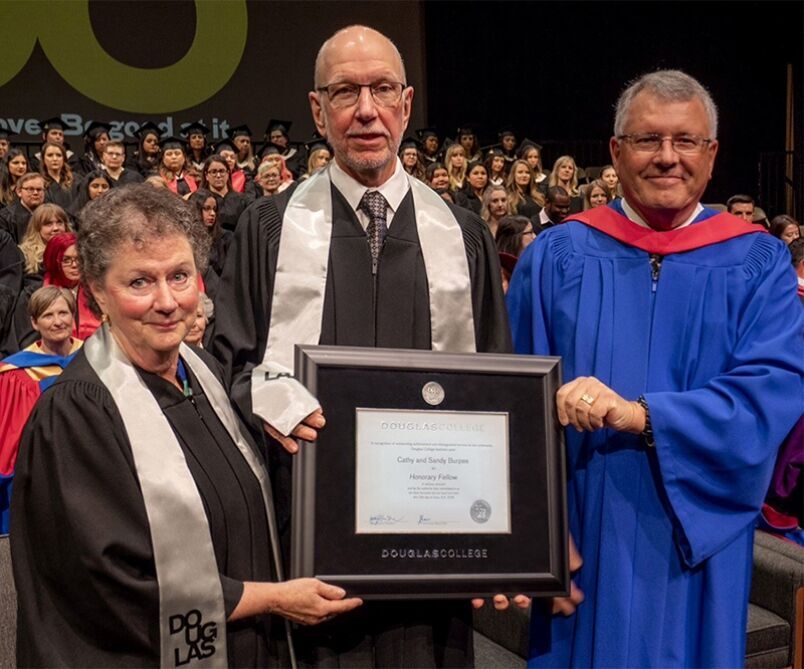Vets vow to campaign against Conservatives in 2015 election
By Patrick Vaillancourt, News Editor
The Harper government is attempting to calm an uproar, after alienating one of its most reliable bases of support: Canadian military veterans.
Canadian veterans—some from World War II, the Korean War, peacekeeping operations in Africa and Bosnia, as well as those who served as recently as the Afghanistan conflict—have rallied to protest Veterans Affairs office closures across the country. The closures took effect on January 31.
The veterans had managed to schedule a meeting with Veterans Affairs minister Julian Fantino to discuss the closure of eight offices from Sydney, Nova Scotia to Kelowna, British Columbia.
Fantino, however, showed up to the meeting 70 minutes late and veterans say they felt the minister was disrespectful.
In amateur video from inside the meeting, Fantino was caught telling an agitated veteran that “this finger pointing doesn’t work too well with me” before leaving the room.
The vets, who are being supported by the Public Service Alliance of Canada, then called an impromptu press conference, where they called for Fantino’s resignation. Some of the veterans were emotional and broke down during the press conference, leading to a public relations nightmare for the governing Conservatives.
Traditionally a reliable base of support for the Conservative Party, veterans are protesting the actions of the Conservative government, and may organize, along with active members of the Canadian Forces, to oust the Conservatives from power in the next election.
Fantino, for his part, issued an apology for his behaviour the following day in the House of Commons, but said that the government will not reverse its decision on the Veterans Affairs office closures. The apology was not accepted by the veterans.
The office closures mean that Canadian veterans, many of whom struggle with mental health issues such as Post-Traumatic Stress Disorder (PTSD) will now have to go through Service Canada to get help and their entitlements as Canadian veterans. The vets argue that Service Canada officials do not have the skills required to service a population of veterans who are struggling with mental health issues and were best served by the staff at Veterans Affairs.
The office closures also mean that many will have to travel several hours to get to the nearest Service Canada office.
The government says that Service Canada employees working on Veterans Affairs cases will be mobile and offer home visits, but the vets are skeptical and continue to argue that the level of care they require will not be met.
This has the potential to be a nightmare scenario for the Conservatives come the next election. Military and veterans votes are viewed by many within political circles as “a lock” for the Tories, but should the veterans organize effectively, they have the potential of swinging the balance to another party.
The veterans have not pledged to support another political party, but both the Liberals and the NDP have been vocal against the veterans service cuts.



